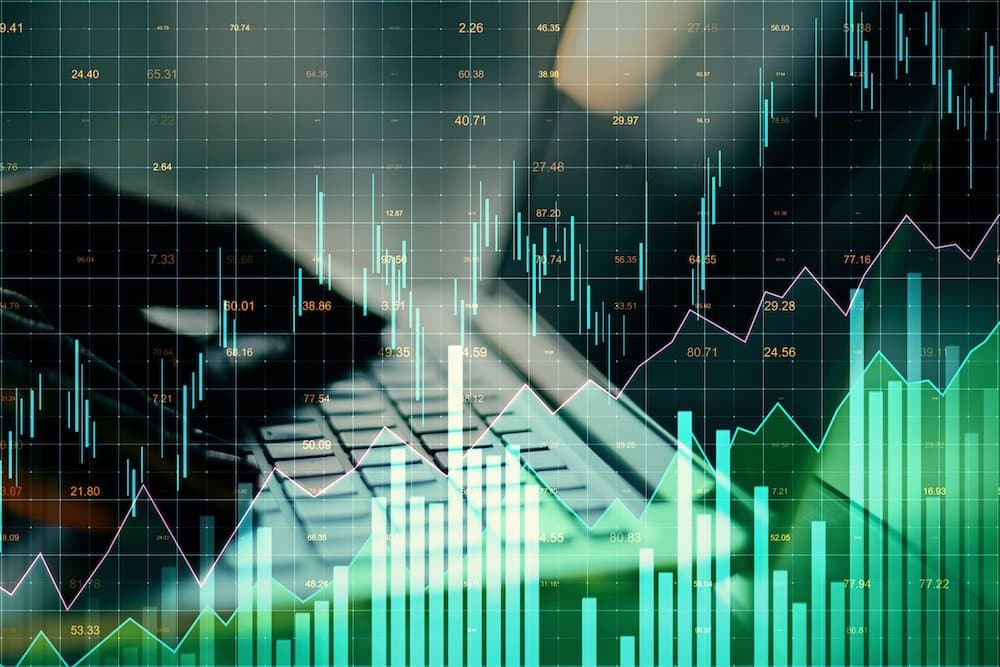Forex Trading Scams Doing Your Detective Work
Forex traders know that, with the recent proliferation of online trading scams, it’s especially important these days to do your homework before depositing money with an online broker. Let’s take a look at some of the most common ways scammers operate so you can be more diligent.
Too Good to Be True?
The more obvious forex trading scams often seem, in one way or another, too good to be true. For example, if a broker claims to be able to quickly secure you big earnings with minimal risk (due to their ‘proven’ trading methods) or promises to get you back 20% on the money you put down for a month, it’s a sign of something suspicious because clearly, claims like this are unrealistic and can’t be guaranteed.
The way traders generally become ‘successful’, in the vast majority of cases, is through steady application of their trading strategies over long periods of time and diligence in learning the rules of financial trading. All trading comes with risk, and anyone who claims to have found a way of eliminating risk should immediately be suspect in your eyes.
Another red light is the case when you are bombarded by a series of marketing campaigns without any request on your part, especially if they stress the urgency that you deposit money with them without delay so you won’t miss a special opportunity. This kind of solicitation has a high likelihood of coming from a scam, so beware.

Disguise
The truth is, trading scams are often not as obvious as we indicated so far. You might see some legitimate-looking advertisements on a social media channel, and their names and credentials might seem familiar and reliable, but you’ll have to do more research before thinking of depositing any money with them. You might follow a link to a very sleek-looking website displaying an apparently official licence and even boasting an array of enthusiastic reviews. Still, the savvy trader remains unimpressed. Some scams advertise they are regulated by a certain financial body, which, after investigation, is found not to exist.
The broker you’re considering may even appear quite balanced, offering no special returns on your money and not displaying pictures of luxury cars or homes to entice you into joining with them, but this is also unimpressive. Forex trading scammers are, of course, well aware that people get suspicious of grand promises and will try to blend in with the legitimate sort of brokerage. You may have had the unfortunate experience of starting to trade with an online broker and, meeting with some initial success, felt encouraged enough to deposit more money with them, only to find that it quickly vanished together with the broker themselves. Again, the scammers were scheming to give you a feeling of ‘proof’ that they were legitimate through the initial earnings.
Now, none of this is to say that secure online trading is impossible (which you could tend to believe after reading a page or two of disgruntled reviews by scammed individuals). It’s only a question of doing some research and taking some precautions before you get started, which we’ll touch on next.
Is forex a scam? Not if you do some detective work
Is forex a scam? Certainly not. Trading forex online is a very legitimate and potentially rewarding enterprise. As long as you do your detective work step-by-step, it’s more than possible to engage in online trading in a secure format. Firstly, don’t even consider forex brokers that don’t have a licence. If you choose a regulated, licenced broker, then you can feel assured that, if something untoward were to happen and part of your money disappeared, the regulatory body could intervene. Follow up your broker’s claim to be regulated by checking up with the relevant regulatory body that this broker is, in fact, listed with them.
Do a Google search for reviews on the broker you’re considering and take the time to distinguish genuine complaints from the rantings of bitter people (who, very likely, were responsible for their own downfalls). Certainly, though, if you see a few sincere-sounding grievances from users who were barred from withdrawing their own funds, take it as a red light. Make sure your broker is a very good communicator before signing up with them. When you do, start out with small sums of money for at least a month, also attempting to withdraw some of your earnings before depositing more. Finally, read the fine print on any document the broker asks you to sign before signing.
Wrapping Up
Once you’ve faithfully done your research, your brokerage should offer you an array of tools to help you stay informed and guide you along your way. https://www.iforex.in/ is one such regulated broker that has been working in the business for over 25 years and amassed a solid customer base around the globe, as well as a steadfast reputation for quality and security. With its human-centric approach and focus on education, all clients are able to start on the right foot.